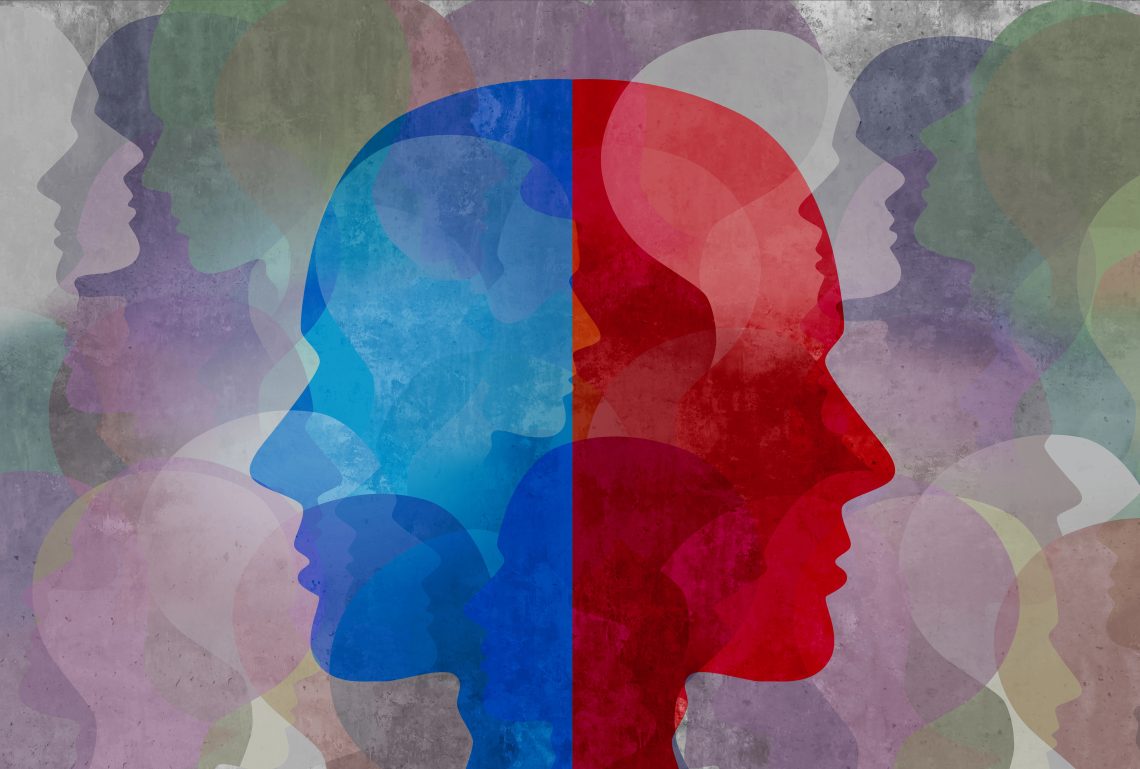Schizophrenia, a disorder affecting millions globally, is known for symptoms like hallucinations, delusions, and cognitive challenges that can greatly disrupt daily functioning. While medications are crucial in managing schizophrenia, rehabilitation therapy has emerged as an approach to enhance the well-being and recovery of those with this condition. In this article, we will delve into how rehabilitation therapy influences schizophrenia management and recovery, discussing its advantages, various therapy options, and important factors to consider when implementing it.
Exploring Rehabilitation Therapy for Schizophrenia
Schizophrenia rehabilitation therapy involves interventions aimed at helping individuals regain or enhance their skills, independent living abilities, self-care skills, and overall quality of life. It focuses on addressing the needs arising from the illness and aims to assist individuals in reintegrating effectively into their communities.
Advantages of Rehabilitation Therapy in Managing Schizophrenia
Enhanced Social Functioning
A key benefit of rehabilitation therapy is its effect on functioning among individuals dealing with schizophrenia. Participating in group therapy sessions and social skills training programs teach people how to communicate, deal with challenges, build meaningful relationships, and engage in positive activities.
Enhanced Cognitive Abilities
Moreover, individuals with schizophrenia often face difficulties. Specialized rehabilitation therapies focusing on cognitive improvement have been created to address these issues. These interventions involve exercises to boost memory, attention training tasks, problem-solving activities, and integrating exercises.
Increased Independent Living Skills
Furthermore, many people with schizophrenia encounter obstacles in performing tasks like cooking or managing finances. Rehabilitation therapies offer assistance through life skills training programs that teach abilities needed for independent living.
Better Overall Quality of Life
Overall, rehabilitation therapy plays a role in enhancing the quality of life for individuals with schizophrenia by addressing various aspects of recovery. It helps improve functioning skills and daily living abilities, enabling them to engage in their communities, regain self-assurance in their capabilities, and find purpose.
Types of Rehabilitation Therapies
Cognitive Behavioral Therapy (CBT)
When it comes to rehabilitation therapies for schizophrenia management, Cognitive Behavioral Therapy (CBT) is recognized as an approach that has shown promise in helping individuals cope with this condition.
It supports people in recognizing and changing their thinking patterns, managing symptoms effectively, and developing coping strategies.
Social Skills Training
This therapy focuses on building or improving social skills essential for navigating social situations successfully. Through group sessions, individuals with schizophrenia learn how to start conversations, express their emotions appropriately, maintain eye contact, and show body language.
Family-Based Therapy
Schizophrenia can have an impact on family dynamics and relationships. Family-based therapies involve educating family members about the illness and its symptoms, enhancing communication within the family unit, setting boundaries while offering support, and facilitating problem-solving skills.
Vocational Rehabilitation
Employment plays a role in an individual’s recovery from schizophrenia. Vocational rehabilitation programs help individuals find job opportunities based on their interests, abilities, and qualifications.
Implementation Considerations
Multidisciplinary Approach
Successful rehabilitation therapy requires cooperation among professionals such as psychiatrists and psychologists, as well as therapists, social workers, and vocational counselors. A multidisciplinary team will offer care tailored to each individual’s needs.
Individualized Treatment Plans
Each person with schizophrenia faces unique challenges that require attention. Rehabilitation therapists need to conduct evaluations to create treatment plans that address specific areas for improvement, taking into consideration individual strengths, interests, and personal goals.
Long-Term Support
Long-term support is essential for managing schizophrenia, a condition that requires care. Establishing post-therapy support systems is crucial, as it may involve connecting patients with community support programs, rehabilitation agencies, or mental health services.
End Note
The impact of rehabilitation therapy on managing schizophrenia and promoting recovery cannot be overstated. These therapies play a role in enhancing functioning, improving daily living skills, and enhancing the overall quality of life for individuals with schizophrenia. Through interventions like behavioral therapy, social skills training, family-based therapy, and vocational rehabilitation, individuals can regain control over their lives and pursue their personal goals despite the challenges posed by schizophrenia. Healthcare professionals must acknowledge the importance of integrating rehabilitation therapy into treatment approaches for individuals with schizophrenia to provide care that addresses both physical and psychological well-being.
Read more lifestyle and health articles at ClichéMag.com
Images provided by Deposit Photos, BingAI, Adobe Stock, Unsplash, Pexels, Pixabay & Creative Commons





